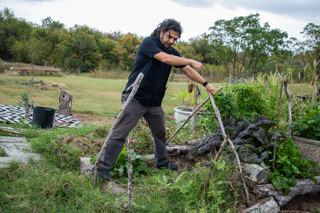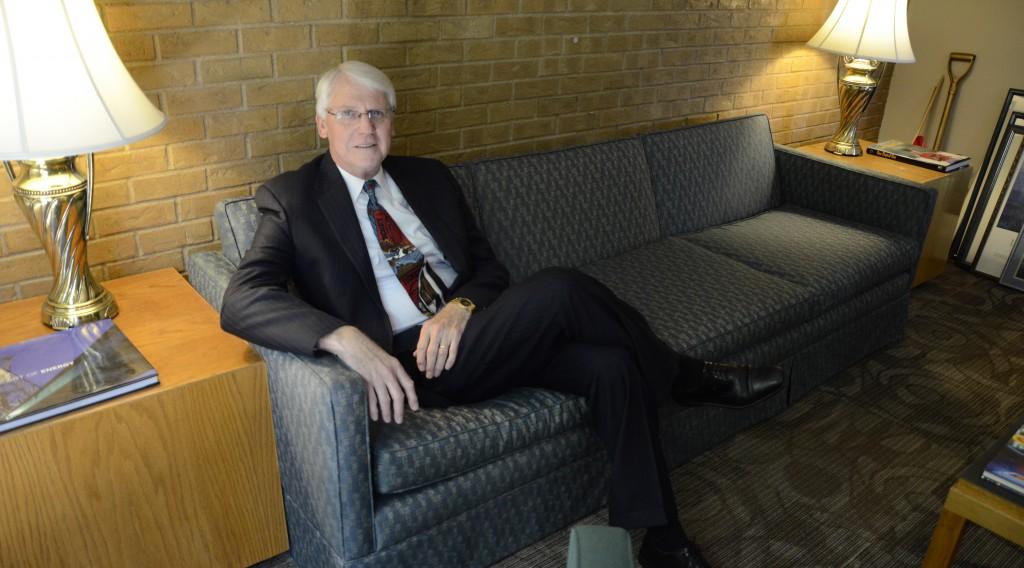by Amanda Gomez/reporter
Surviving a Breakup: Shaky Steps Forward
A person can start with a broken heart and be someone completely different in one year, one NW student believes.
Owen Baker’s experience with a breakup led to him to a better life.
“It’s the bad experience that empowers our future,” he said.
Counselor Ricks Edmondson said losses of any kind can lead to grief.
“People going through a breakup experience a lot of the same things as people surviving a death,” he said.
It is important to go through the grief stages because they provide a period of adjustment and time for healing and restoring to wholeness from the emotional wound, Edmondson said.
“The way out of your grief is not around it, but through it,” he said.
Grief is good and not something to run away from but to embrace, Edmondson said.
“It is your ticket out of your pain,” he said.
Breakups can be productive, counselor Brentom Jackson said.
“Spend your time dealing with emotions and maintain the respect of all parties involved,” he said.
Jackson suggested being gentle with oneself, getting into a routine, finding someone who will listen, getting enough rest and eating properly, getting exercise and participating in things that are enjoyed.
Some activities should be avoided, Jackson said. These include making major decisions or changes, trying to keep communication with the ex, isolating oneself, overusing alcohol or drugs and being afraid to ask for help.
“Reinvest, re-evaluate, and re-emerge,” he said.
Surviving Separation: How to Handle Deployment, Long Distance and Imprisonment
Any external happiness is only temporary but to achieve lasting happiness is to have something to guide people other than their own desires, counselor Theresa Kellam said.
“Let go of how you wish things would be and trust how things are,” she said.
Grief is different because it is letting go of how people wish things would be, Kellam said.
“We have to be able to grieve to have lasting happiness,” she said.
When it comes to deployment, imprisonment and long distance, there will be grieving, Kellam said.
“Radically accept any feelings you are having and distract yourself. Learn how to coach your feelings,” she said.
NW student Lindsey Joseph described her experience of surviving separation through imprisonment when her boyfriend had to turn himself into the county jail after violating his probation.
“I didn’t know the next time I would see or talk to him again or what the future held,” she said.
During this period, she was expecting their second child and had to move out of their home and in with family. Soon, he was transferred to a prison that allowed phone calls and letters, Joseph said.
“Sometimes more honesty is put into writing letters than face to face,” she said.
Writing became their main source of communication.
The hardest part for him was being separated from his child and her having to deal with that, Joseph said. She became very angry, sad and lonely through it all.
“Looking back, I could not see at the beginning how I could get through it,” she said.
They have been married now for two years, and Joseph said their relationship is stronger.
“Do not lose hope,” she said. “If two people are both focused and have realistic goals in life, it can happen.”
How well one deals with deployment depends mostly on the person and how much time until the other person comes back, counselor Lilia Covio-Calzada said.
“One of the hard parts is getting over how long the deployment lasts,” she said.
Staying connected, creating a support system, engaging in self-care activities, setting goals, identifying something to look forward to each month and seeking help if needed are methods for dealing with deployment, Covio-Calzada said.
Adults can help children cope by keeping them connected with the service member, helping them to think of the service member every day, giving them ways to mark the passing time and keeping their routines consistent.






















